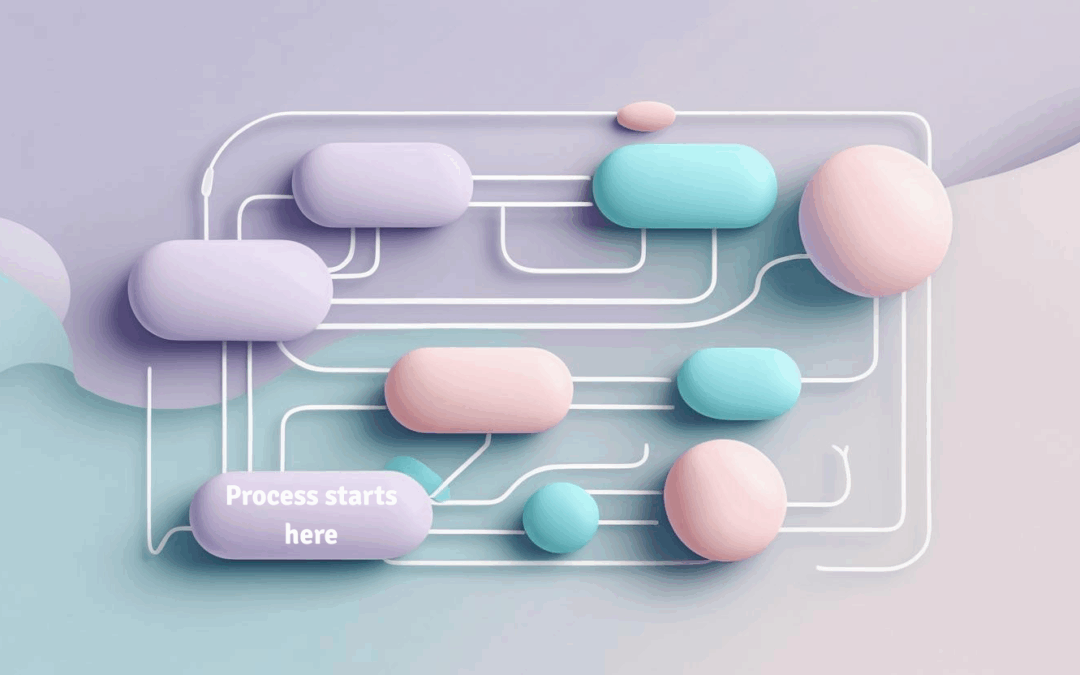Traditional HR Is Outdated – Modern Business Demands More
The world of work has evolved dramatically in recent years, but for some organisations, the approach to Human Resources (HR) is stuck in the past. Traditional HR, with its roots firmly in policy enforcement and compliance, is no longer fit for purpose in a world that demands a more human-centred approach. While it once served its role as the enforcer of rules and gatekeeper of policies, traditional HR is now a liability—not just for employees but for businesses themselves.
Traditional HR Is Flawed
Traditional HR was, or in the case of some still using the practice, is primarily focused on “the business.” People are often seen as interchangeable assets, a means to an end, disposable, rather than individuals with unique needs, motivations, and potential.
- Policy-Driven, Not People-Focused
Traditional HR departments were adept at creating policies, managing payroll, and enforcing rules. Yet, they often lacked the interpersonal skills, training, or even interest in dealing with people as human beings. This “law and order” approach alienated employees and earned HR a bad reputation as the department to be feared rather than trusted…and trust should be a top priority for any organisation! - The HR Stereotype
Many of us have encountered the stereotypical HR professional: great with policies but not so great with people. They might be skilled at enforcing rules, but when it comes to managing emotions, resolving conflict, or nurturing genuine connections, traditional HR falls short…in fact, they simply don’t have the skills and training in those areas! And that’s where businesses have been losing out…on trust, engagement, productivity and ultimately, profitability!
Shifting From Policy Pushing to Being Human-Centred
Modern workplaces demand more than compliance. It requires empathy, emotional intelligence, and the ability to cultivate a thriving culture. Traditional HR, with its outdated focus, is incapable of meeting these demands. The shift towards a human-centred approach isn’t just a trend, it’s a necessity.
- People and Results
One of the most significant evolutions in HR is the understanding that people and results are not mutually exclusive. You don’t need to compromise one for the other, in fact Compassionate Accountability® insists you MUST use compassion and accountability together…there’s no balance and there is no compromise! A human-centred approach recognises that when employees feel valued, understood, and supported, they perform better, and the business thrives. It’s about creating a synergy between people and results, not forcing a trade-off. - The Role of Emotional Intelligence
HR leaders must possess and actively develop a strong EQ (emotional intelligence), which encompasses self-awareness, self-management, relational awareness, and relational management. These skills are critical for navigating the complexities of human behaviour, emotions, and conflict resolution. It’s about creating genuine connections, addressing concerns empathetically, and creating a workplace where employees feel seen and heard.
Tools and Programmes for a Modern HR Approach
To break free from the constraints of traditional HR, businesses need to invest in tools and programmes that enable a more human-centred approach. Some of the most effective models include:
- Compassionate Accountability
Developed by the brilliant team at Next Element Consulting, this framework combines compassion and accountability to build trust, transform conflict, and foster engagement. It teaches HR professionals to be people centred while getting results. By combining compassion with accountability you hold everyone as valuable, capable and responsible within every interaction – powerful stuff right?! - The Emotional Assertiveness Model
Created by renowned psychotherapist John Parr (MSc), this model emphasises understanding and managing emotions of both our own and others’. It’s a vital skill for HR professionals who need to navigate the complexities of workplace relationships and conflict resolution. We all want that win-win outcome, right? So why wouldn’t you learn how to do it? - Discovery Insights
This tool helps teams understand their personality styles and how they interact with others. By embracing self-awareness and mutual understanding, it enables HR leaders to build stronger, more cohesive teams. They may even get a tad excited and start working together!
The Risks of Sticking with Traditional HR
Businesses that cling to traditional HR practices face significant risks in today’s competitive landscape. These include:
- Employee Turnover
Failing to prioritise the employee experience leads to disengagement, burnout, and high turnover rates. Talented individuals won’t stay in an environment that doesn’t value them as people. - Increased Costs
High turnover, low productivity, and poor morale are costly. Businesses end up spending more on recruitment, training, and lost productivity than they would on investing in their people. - Legal and Reputational Risks
Outdated HR practices increase the likelihood of grievances, employment tribunal cases, and damage to your brand reputation. Employees today demand respect, fairness, and empathy, and they’re not afraid to speak out when these are lacking. And who’s to blame them?! - A Toxic Workplace
Traditional HR’s focus on rules rather than relationships creates an environment of fear and mistrust. This can quickly spiral into a toxic culture that drives away both employees and customers. I remember eating out with my husband at a local eatery last year and quickly picked up on poorly the manager was treating his staff. They all carried their heads low, look worried by him and he berated them in front of guests, quite badly. It was a real turn off and we got out of there pretty sharpish! I vowed never to go back. I have no interest in supporting any organisation that behaves in this way…as do many others.
Embracing the Future: What HR Should Be
HR today isn’t just about policies and procedures; it’s about people. It’s about creating an environment where employees feel valued, respected, and empowered to do their best work. To do this, HR must:
- Invest in training and development for emotional intelligence and conflict resolution.
- Adopt tools and frameworks that foster understanding and collaboration.
- Prioritise people as much as business results, recognising that the two are deeply interconnected.
If you’re still relying on traditional HR, it’s time to rethink your approach. The future of HR is human-centred, emotionally intelligent, and focused on building trust and engagement. By investing in programmes like some of those I mentioned, you can transform your workplace into a thriving environment where people and results go hand in hand.
The choice is simple.
Adapt or risk being left behind.
Traditional HR is a relic of the past, it’s time to embrace the future…who’s onboard?
If you want to learn how to leverage your HR department to create a powerful, human-centred, and highly productive workplace, we’d love to help. Get in touch today and take the first step toward building a culture where both people and performance thrives!
kayleigh@florightbusinesssolutions.co.uk
Don’t forget to connect with me on LinkedIn ➡️ https://www.linkedin.com/in/kayleigh-bishop/


